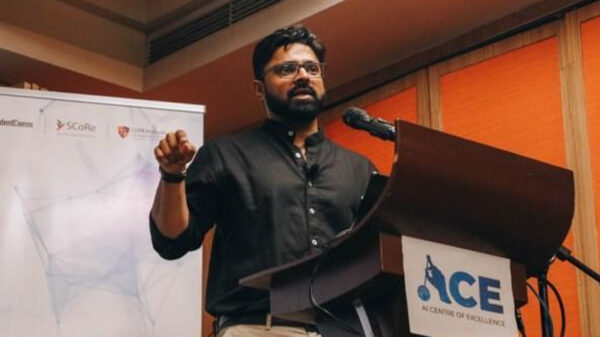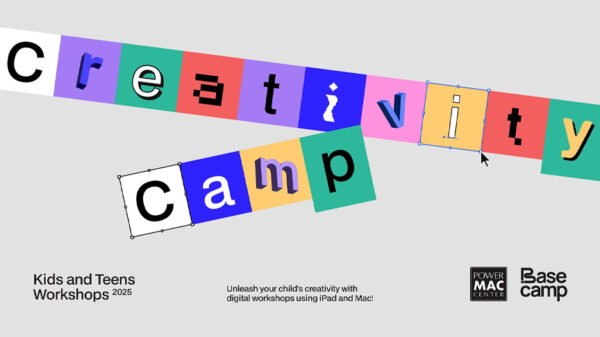SAN JOSE, CALIFORNIA – Even if 70% more jobs are being advertised in the last two years, there are 10% less people responding, according to a study done by Zebra Technologies Corporation. With this, it’s a “squeeze” since “labor is the hardest gap that needs to be closed,” said Suresh Menon, SVP and GM for software solutions, Zebra Technologies Corporation here at NetEvents, a gathering of technology sector experts and opinion shapers, even as he stressed that “there aren’t enough people.”
For Menon, therefore, the “solution is automation.” The question then is, “is there automation that’s there that can help you do the task fast?”
In the warehouse and manufacturing environments, for instance, 92% of warehouse associates “believe that technology advancement will make the warehouse environment more attractive to workers”, according to the company’s own Warehousing Vision Study.
“You can keep training and retraining the models. As the machine learns, you can make more changes,” said Menon.
Zebra Technologies Corporation specifically offers mobile computers and tablets with exclusive suite of software, apps and utilities; printers; and barcode scanners with scanning abilities providing niot just visibility but also real-time analytics.
But Menon admitted that the answer is not always automation” and that “sometimes you can’t do that.”
As an example, some retail players may not be able to hire enough staff to man shops at all times. In this case, Menon said that the focus is, instead, shifted on “how to make more persons more productive. And there are lots of things we can do to make (staff) productive.” In this case, technology still helps, and for Zebra Technologies Corporation, “software portfolio is able to prioritize what needs to be done.”
There remain challenges to automatioon, obviously, including data generfation, and how fast AI learns on those data point to come up with recommendations.
But for now, Menon sees the world as “probably mixed” when it comes to automation.
All the same, trends point to businesses “growing out of heritage performances to industry automation”. Customers already note that shopping online is more convenient, not just for the ease but for the availability of stocks/supplies, etc. Nonetheless, they similarly note that online shoping can be impersonal, with no people to coordinate with when issues are encountered. The opposite can be true to those who shop in physical stores (e.g. the experience may be more personal, but convenience may be compromised due to lack of availability of stocks in physical stores). The merging of the benefits of what these two platforms can offer is, said Menon, what’s ideal.
In the end, for industry automation, “as algorithms get better, everybody benefits.”










































































































